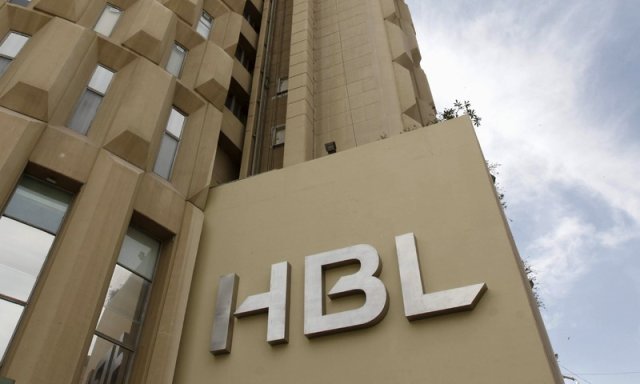Islamabad: In a bizarre saga regarding imposition of $225m penalty on Habib Bank by a US regulator, a senior official from the bank claimed they had mixed up identities of two Pakistan’s with prohibited individuals from Iraq and Iran.
Transactions that lead to the imposition of the $225m penalty were said to have been conducted by Iraq’s former deputy PM Tariq Aziz and an Iranian oil tanker company, Al-Ameen were carried out by Pakistani’s said HBL’s legal department head Nausheen Ahmad.
Ex-deputy PM Tariq Aziz of Iraq and Irani oil tanker company Al-Ameen had been put on Specially Designated Nationals and Blocked Persons List’, and their transactions declared as suspicious.
She said this while briefing the Senate Standing Committee on Finance which had summoned the State Bank of Pakistan (SBP) and HBL officials regarding the imposition of $225m fine by US regulators.
While apprising the committee, Ahmad said “Tariq Aziz is very common name in Pakistan and Al-Ameen is a Pakistani trader based in Gujranwala. In our view these transactions were not ‘prohibited transactions.”
She was grilled over why HBL didn’t challenge the penalty and said that the bank had pondered this option, but decided not to take any risk in this case.
According to SBP’s Executive Director Banking Irfan Ali, the imposition of this fine by US regulators wasn’t a transaction based decision but rather a principled decision.
HBL’s legal head went onto elaborate that out of $150b transactions conducted, only five had been marked as suspicious by the US regulators which should have been reported, she said. Few of those transactions, she said were said to have been linked to Axact, which HBL eventually cancelled.
PTI Senator Mohsin Aziz queried whether HBL had reported all suspicious transactions, to which HBL’s Chief Risk Officer (CRO) Rizwan Haider responded that US regulators had wanted other transactions to also have been reported.
Ali said HBL’s branch since 2006 had been operating under a written agreement due to negative observation pertaining to risk management and Bank Secrecy Act areas.
He added “Under the agreement, the bank was required to strengthen controls in the areas of AML compliance, suspicious activity reporting, customer due diligence, training of staff and transactions monitoring system.”
HBL’s CRO said the bank had worked hard to improve the systems but failed in satisfying the US authorities as they said they hadn’t done much.
A “cease and desist” order and consent order had been issued by US regulators in December 2015 and downgraded the bank to unsatisfactory.
Haider shared this decision to downgrade HBL was a real surprise and setback for his bank. He said negotiations in this regard had been started to end written agreement due to improvement in their systems.




